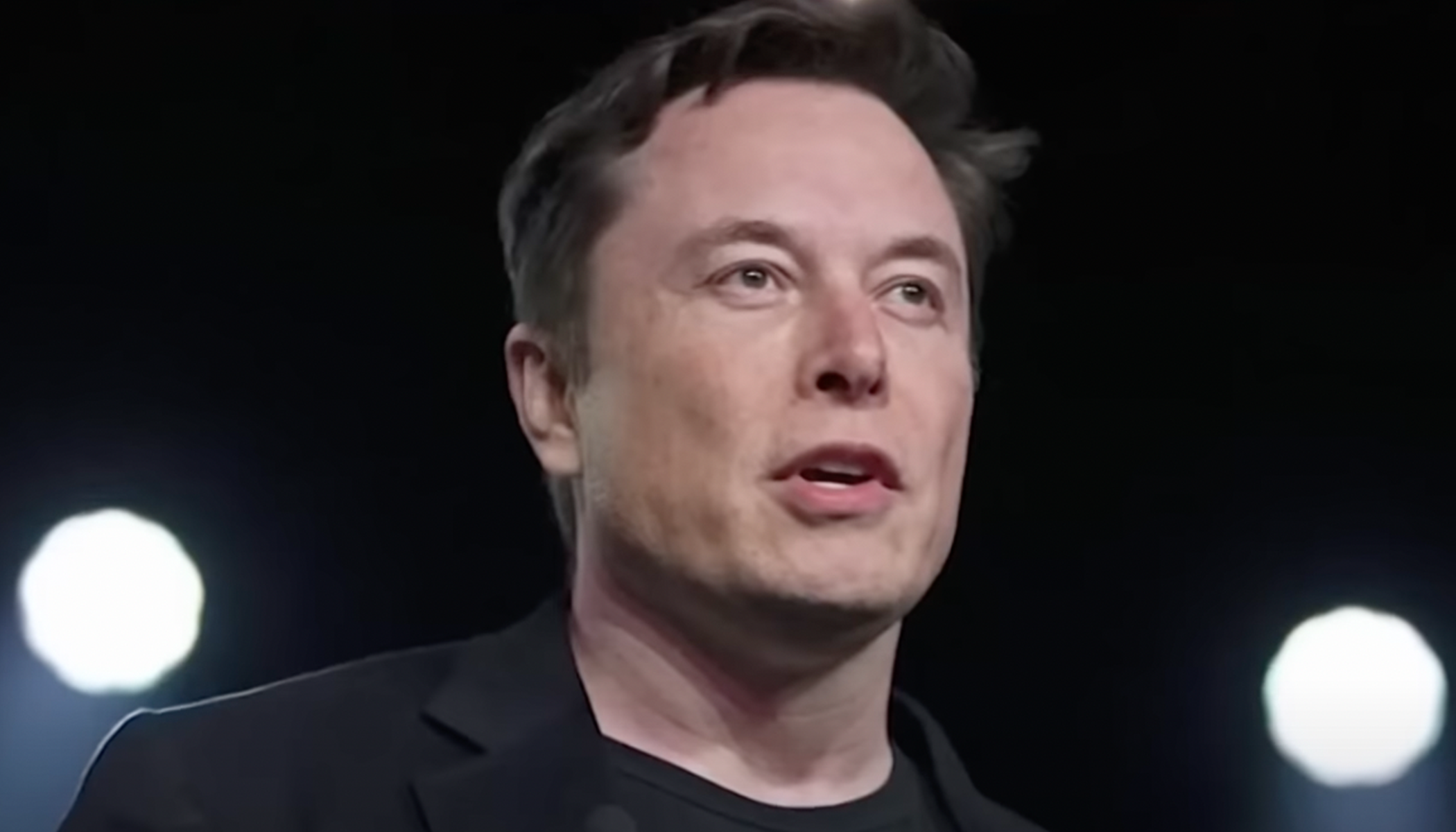Biden Considers Obama for Vice Presidential Role in Unique Election Strategy
In a bold political strategy, Democrats are eyeing a Biden-Obama ticket for the upcoming presidential election, potentially positioning Barack Obama as Vice President under Joe Biden, Newsmax reported.
Democratic insiders are discussing a scenario where Joe Biden might step down post-election, making way for Obama to ascend to the presidency through succession.
Democratic strategists are examining a constitutional loophole that would allow former President Barack Obama to run as Vice President with current President Joe Biden. This move comes as Biden's campaign seeks revitalization amid concerns about winning against potential rivals like Donald Trump.
Exploring Constitutional Boundaries for an Obama Return
According to the 22nd Amendment, a president can only be elected twice, barring Obama from a third presidential term. However, the Amendment allows him to serve as president again if he ascends to the role without direct election.
George Washington University Law Professor John Banzhaf has argued that the language of the 12th and 22nd Amendments permits Obama to be elected vice president. From this position, he could have succeeded in the presidency if Biden had resigned after the election.
The idea capitalizes on Obama's enduring popularity and his potential to energize Democratic voters, particularly in a direct contest with Donald Trump, who is eyeing another run for the presidency.
Legal Opinions on Obama's Vice Presidential Candidacy
Banzhaf suggests that the specific wording of the amendments could allow Obama to serve in the vice presidency and then move into the presidency through succession. This would circumvent the term limits set by direct elections.
"While this amendment may bar Obama from 'being elected' to the office of president again, it obviously and by its clear language doesn't prohibit him from being elected as vice president," Banzhaf explained.
Further, he elaborated that the Amendment's drafters focused on prohibiting a third term through direct election, not succession from the vice presidency.
Political Strategy Behind the Biden-Obama Ticket
Banzhaf has stated, "A Biden-Obama ticket would have a much better chance of beating Trump." He highlights Obama's unique position as a popular and trusted figure who could significantly impact the election's dynamics.
"Barack Obama is probably one of the few persons whom a majority of Americans would want and trust as president, so Plan C might be the least objectionable of a number of very unpopular and dubious options now open to Biden and the Democratic Party," he noted.
This strategy could also serve as a unifying factor for the Democratic base, leveraging Obama's leadership experience and widespread appeal.
Speculations and Uncertainties Surrounding the Plan
Despite these discussions, there has yet to be an official confirmation that Obama has consented to this plan. Reports suggest that Obama's concerns about Trump's potential return motivate considering such a strategy.
Banzhaf also speculated that Biden could position his potential resignation as a noble act necessary for the greater good of the party and the country.
This unorthodox approach also aims to minimize the political fallout from any broken promises, notably concerning Biden's previous commitments related to his family.
Conclusion and Implications of the Biden-Obama Strategy
While still under discussion, the Biden-Obama ticket strategy represents a creative use of constitutional loopholes to address current political challenges. Legal scholars like Banzhaf see it as a viable option to counter significant electoral threats and enhance Biden's reelection prospects.
This approach could redefine American political norms and set a precedent for future presidential races. The success of this plan depends not only on legal acceptability but also on public and political support within and outside the Democratic Party.
As the election nears, this strategy's feasibility and ethical implications will likely become critical points of discussion and analysis among voters and pundits alike.






